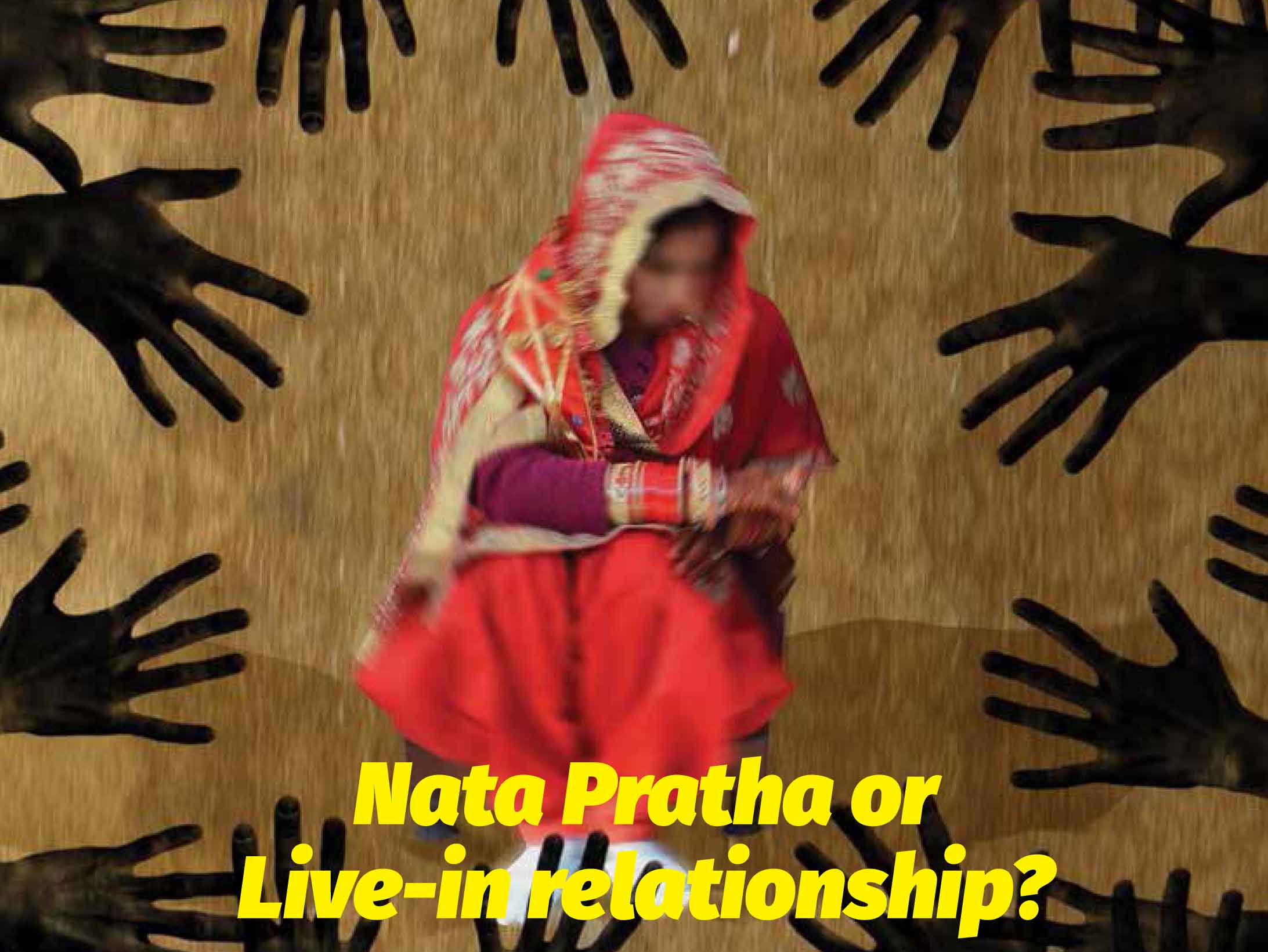
Nata Pratha, practiced in some tribal belts, allows women to shun unhappy marriages. But this remarkable avant garde instead of empowering women, has given men licence for extra-marital relationships. An investigative report by Tehelka SIT.
In January this year, when India was talking about “Bulli Bai”, and “Sulli Deals” apps involved in fake online “auction” of hundreds of Muslim women, not many would know that women are actually auctioned — albeit offline! – in some parts of India in the centuries old tradition of Nata Pratha, prevalent in tribal belts of Rajasthan, Madhya Pradesh and Gujarat.
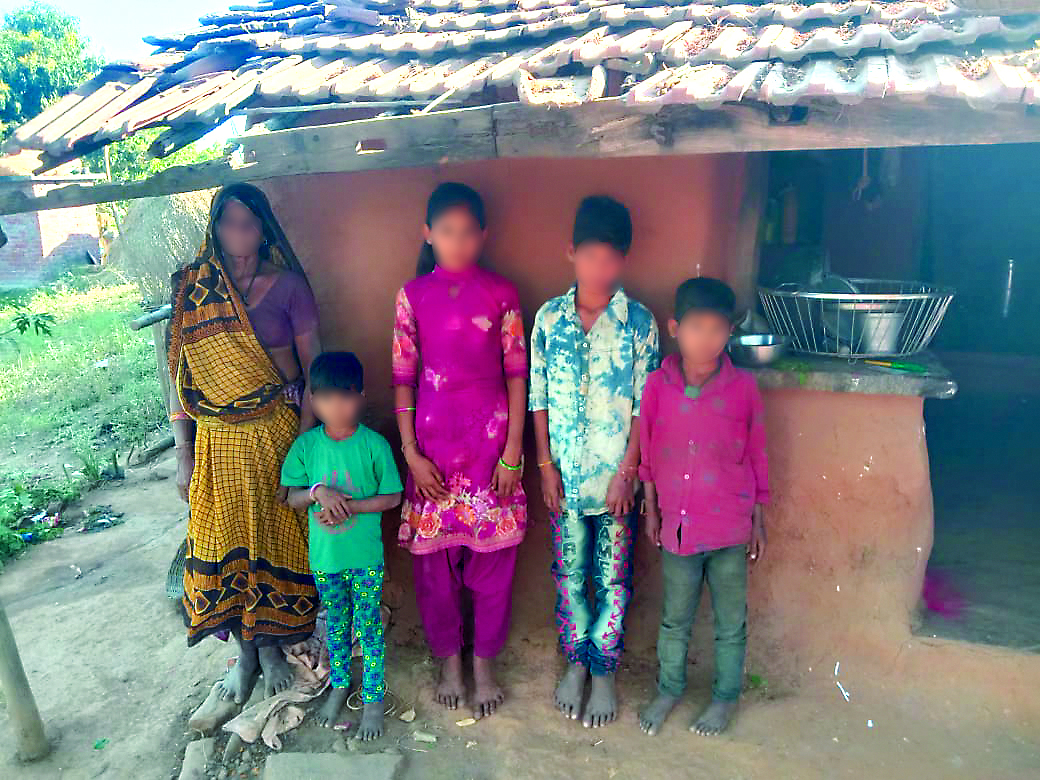
Nata Pratha is mainly practiced by the Bhil tribe, one of the largest tribes in South Asia. Traditionally, both the man and the woman who enter into a relationship are supposed to be married or have been widowed, but the custom has evolved to include single people as well. The word “Nata” means relationship. Under this system, no formal marriage ceremony is required to live together. Couple can perform all obligations of husband and wife without entering into wedlock. According to the practice, man has to pay money to live — a la modern day live-in relationship — with a woman of his choice, after the woman’s first husband walks out of the marriage and pass on his wife to other man in return for money. This money, the “bride price,” is fixed by members of the community, or middlemen, who may receive a cut for doing so. The sum may range from a few thousand bucks to even a few lakhs depending upon the paying capacity of the person concerned. Interestingly, men sometimes use this amount for “buying” themselves new wives!.
Tehelka carried out an investigation into Nata Pratha in the villages of Banswara district of Rajasthan, where many such cases crop up every year. Investigation suggests that this custom was introduced against male domination, giving wives the authority to get out of marriage if their husbands have betrayed them or are making them suffer through domestic abuse and violence. Ancestors of the Bhil community created this custom and the tribe is of the firm belief that it cannot be wrong. However, the thought of this primitive custom has evolved over the years in a negative manner.
Tehelka has learned that outcome of such a custom has been fourfold. People have exploited Nata Pratha as an easier option of getting into an extra-marital affair. A man has to pay a certain amount of money to enter into a ‘Nata’ that is to live with a woman to whom he is not married and the amount is decided by the panchayat comprising people from side of both the man and the woman. Which, if thought upon holistically, replicates the supposed auction of women on the pattern of “Bulli Bai” and “ Sulli Deals” apps.
Children from the first marriage are also left behind when mother goes for Nata Pratha. They, in majority of the cases, face neglect when a new woman comes into the family, says a report prepared by an NGO Vaagdhara in association with UNICEF. The report states that 2% of the 35 lakh tribal children in the age group of 4-14 have been impacted due to ‘Nata’ practice. Disturbed childhood, unhappy families along with financial crisis, force them into miserable conditions often exposing them to unethical activities such as drug abuse. Also, at times these kids are forced into flesh trade to forgo the requirements of their healthy upbringing or sustainable future by their parents.
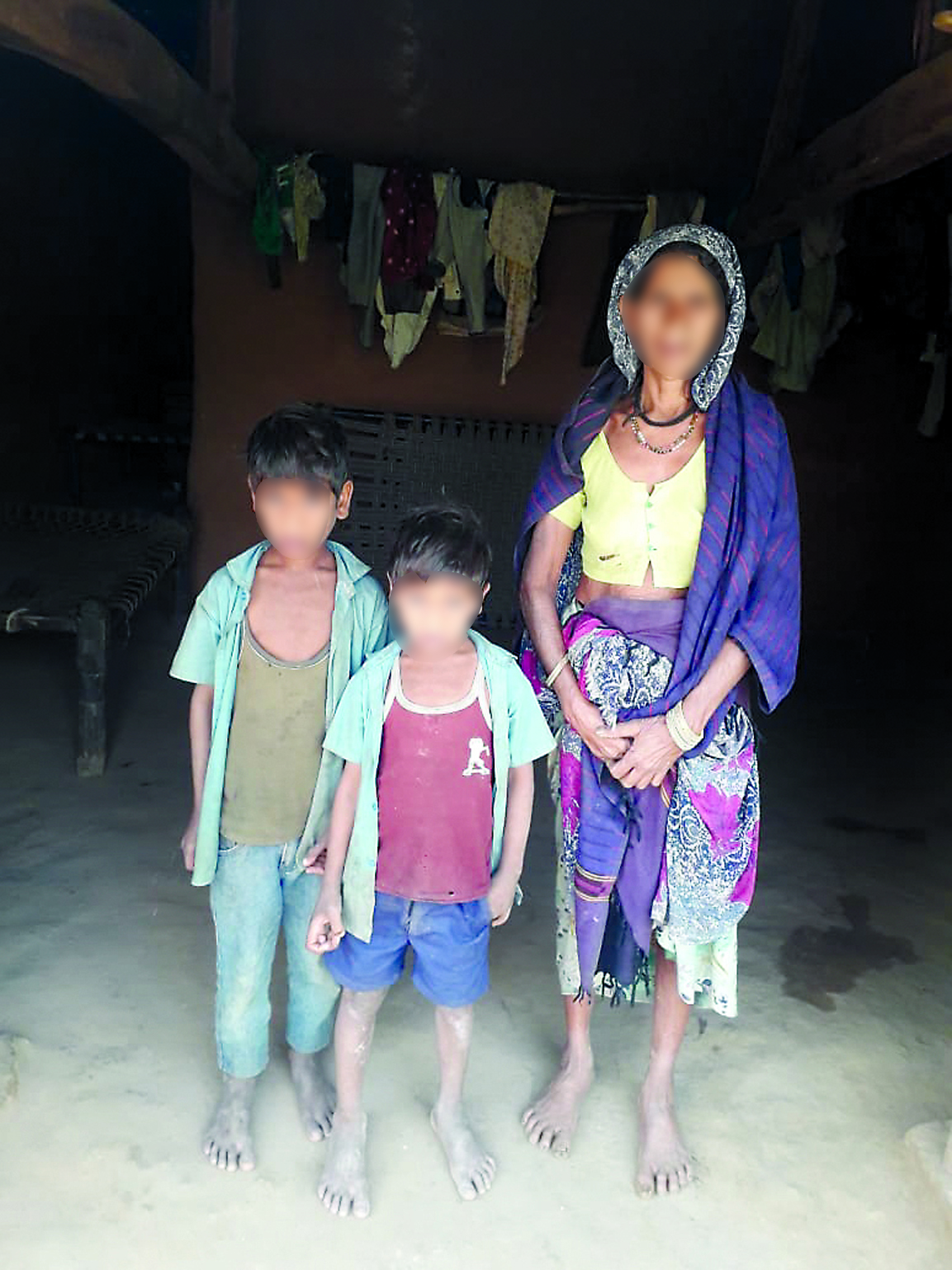
Nata Pratha is practiced by the Bhil tribe. Traditionally, both the man and the woman who enter into alliance are supposed to be married or have been widowed, but the custom has evolved to include single people as well
“Nata Pratha is a poor practice. It should be done only when required. Families fall apart and children’s life get ruined. When I was a sarpanch of Rohanwari village, I introduced a rule to impose fine and socially boycott the couple who do ‘Nata.’ The fine ranges from Rs 25,000 to Rs 51,000. So far, eight couples of my village who did ‘Nata’ have been punished under this rule,” says Daulat Ram Baria, a former sarpanch of Rohanwari village.
“The fact that money is involved during ‘Nata’ doesn’t sound all right. As is the practice, village panchayat sits and negotiate the rate of ‘Nata.’ Sometimes, demand as high as Rs 5 to 6 lakh is made. Then they call me and I bring it down to somewhere around 1.5 lakh. This is an auction of a woman. If woman is a widow, her parents take this money. If her first husband is alive, then the money goes to him. But in many cases women’s parents also take the “nata” money decided by the village panchayat along with her first husband. The government has not yet framed any law to stop this practice,” adds Daulat Ram Baria.
‘Nata’ allows a woman to marry another man after her marriage breaks down. That sounds reformist, except that in most cases, it’s the husband who walks out of the marriage and pass on his wife to someone else in return for money. Money plays an important role in ‘Nata’. In some cases even father of a woman forces her into one marriage after another, making money from each deal. With breaking and fixing of marriages a lucrative proposition, there are many who try to dissolve marriages and fix new ones to get a cut of the “bride price”. It is also common for girls’ families to slap false cases of dowry and torture on men to deny them their share of the “bride price” on the subsequent marriage of their wives.
Homing in on ‘Nata’ cases
In Kherda village of Banswara district of Rajasthan, Vimla (name changed) was married to Bhan Singh (name changed) 14 years ago. They had three children from the marriage. Bhan Singh was a labourer and Vimla looked after her three children at home. One day while returning from his work, Bhan Singh met his friends who forced him to have liquor at a wine shop. Bhan Singh after having liquor for the first time fell down and couldn’t go home. After a long wait, Vimla decided to go out and look out for her husband while leaving her three children back at home.
After sometime she managed to trace her husband and took him home. Bhan Singh promised Vimla that in future he would not touch the liquor again. But Bhan Singh couldn’t keep his promise and became a habitual drunker, which became a reason for frequent fights between him and Vimla. Finally, Vimla walked out on Bhan Singh leaving her three children behind to do ‘nata’ with some other man during Covid time in 2020. Village panchayat after negotiations fixed Rs 1.50 lakh for Vimla’s ‘nata.’
“ Panchayat decided that Vimal’s new man should pay Rs. 1.50 lakh to Vimla’s first husband to do Nata. But so far, Vimla’s new companion has only paid Rs 46k to her first husband. For the remaining amount, Vimal’s husband is building pressure on Vimla’s companion,” says Manohar, an activist of the area.
According to Manohar, wives of abusive husbands are doing ‘Nata.’ According to a rough estimate, nearly 10-12 ‘natas’ take place every year in the Banswara district. In each case, a woman is allowed to do ‘nata’ after the panchayat decides her money. That money is a must for her second man to pay to her first husband. If the latter fails to do so, the woman is not allowed to go with him. In some cases if a woman goes without paying money, it leads to two villages locking horns with each other over the issue. The woman is finally brought in front of the Panchayat which decides on the money. She is allowed to go with the second man after payment is made , adds Manohar.
‘Nata’ allows a woman to marry another man after her marriage breaks down. That sounds reformist, except that in most cases, it’s the husband who walks out of the marriage and pass on his wife to someone else in return for money
“Like women, children also suffer because of ‘nata.’ In Vimla’s case after Nata, she left her three children with her first husband. The children are surviving on the limited income of their father, with the result that the children have stopped going to the school. And there is none in their family to look after them, after their father goes out for a labourer’s job,” says Manohar.
Tehelka discovered another ‘Nata’ case in the Mahori village of Banswara district. Woman Samta Devi (name changed) underwent ‘Nata’ after her first husband left her. Samta was married a few years ago to a man named Veerpal Singh (name changed). They had two children, out of which one died. A few years after the marriage, Samta and Veerpal, who is a labourer, started fighting with each other very often. With the result that Samta decided to leave Veerpal and did ‘Nata’ with another man in 2019. The village panchayat decided that Samta’s second man should pay Rs 1 lakh to Veerpal after which she was allowed to go with him.

“It was decided by the village panchayat that Samta’s second husband should pay Rs 1 lakh to her first husband. Samta did ‘Nata’ with a man who is already married. She was going for a labourer’s job in Rajkot, Gujarat, with her husband where she met the second man with whom she later did ‘Nata.’ The village panchayat tried hard to bring Samta back to her first husband because she had a son. But she refused to return. After her decision, I have broken all relations with her,” says Samta’s uncle Kamlesh to Tehelka.
After Samta, another case of ‘Nata’ surfaced in Covid time in 2020. This time it was Maya (name changed), a mother of two, who was married to Rohan Lal (name changed). Maya and Rohan were living a happy married life before their relations started to fall apart. And finally Maya decided to go with other man after doing ‘Nata.’ According to ‘Nata’ custom, Maya was forced to abandon her two children from previous marriage. The village panchayat decided that Maya can go with other man only after paying Rs.1.50 lakh to her first husband. The amount fixed by the panchayat in the presence of then sarpanch of Rohanwaari village Daulat Ram Baria, was paid to Maya’s first husband, after which she was allowed to go with the man of her choice.
“Our then sarpanch, Daulat Ram Baria played a major role in fixing a ‘Nata’ amount of Maya. A village panchayat was held and it was decided that Maya’s second man should pay Rs 1.50 lakh to Rohan Lal. The amount was paid and Maya was allowed to walk on Rohan Lal,” says Basu (name changed), Maya’s brother-in law.
Another Covid time ‘Nata’ was done in a village of Dungarpur District of Rajasthan. Rano Devi (name changed) did Nata two months ago. She was married in 2014. She had a son after two years of marriage. She started having a dispute with her husband after realising that her husband is having an affair with another woman. When she confronted her husband on the issue, he started beating her, with the result that Rano returned to her parents. Her parents made futile efforts to re-unite Rano with her husband, prompting them to arrange a married man for their daughter’s ‘Nata.’ In this case, Rano was not asked by the village panchayat to pay money to her first husband before doing ‘Nata,’ because the first husband gave divorce to Rano. According to the tradition ‘Nata’ money is paid only when the first husband did not divorce his wife, and the wife after leaving him decided to live with another man without marriage.
“ Rano’s husband was very abusive and had an affair with another woman. When Rano objected, he started beating her. With the result that Rano’s parents arranged a married man for her ‘Nata.’ In this case, Rano was not asked to pay any money to her first husband, because he had already divorced her. According to the ‘Nata’ tradition, money is paid only when women, after running away from her first husband, start living with a second man, without taking a divorce from the husband,” says Motilal, social activist of the area.
“Rupa (name changed) was another woman from Tori village in Banswara district, who did ‘Nata’ a year after her husband died in 2017. We don’t know the amount Rupa’s parents got from another man. But the two children from the first marriage who are living with their grandparents are in a pathetic condition. They have no future, no schooling,” says Mansingh, a social activist of the area.
Covid also lets a woman do ‘Nata.’ Beena Devi (name changed) of Patiya village district Banswara was married to Sohan Lal (name changed) in 2005-2006. They have five children. Sohan Lal, who was a daily wage worker, going to Gujarat for the labour, lost his job in Covid and was forced to sit at home with no work and no money. Without money, it was difficult for Sohan Lal to run the household. Realising this, his wife decided to do ‘Nata’ with another man, and ran away with him. It has been one and a half year since. But Rupa’s where about is not known to her husband Sohan Lal, who is financially in a very tight situation.
“Sohan Lal lost his job due to Covid, resulting in his wife running away with another man after going ‘Nata.’ Her five children are now living with Sohan Lal and surviving on the government’s free ration support. Sohan Lal is looking for his wife so that he can claim ‘Nata’ money from him,” says Kailash Chandra, a local activist.
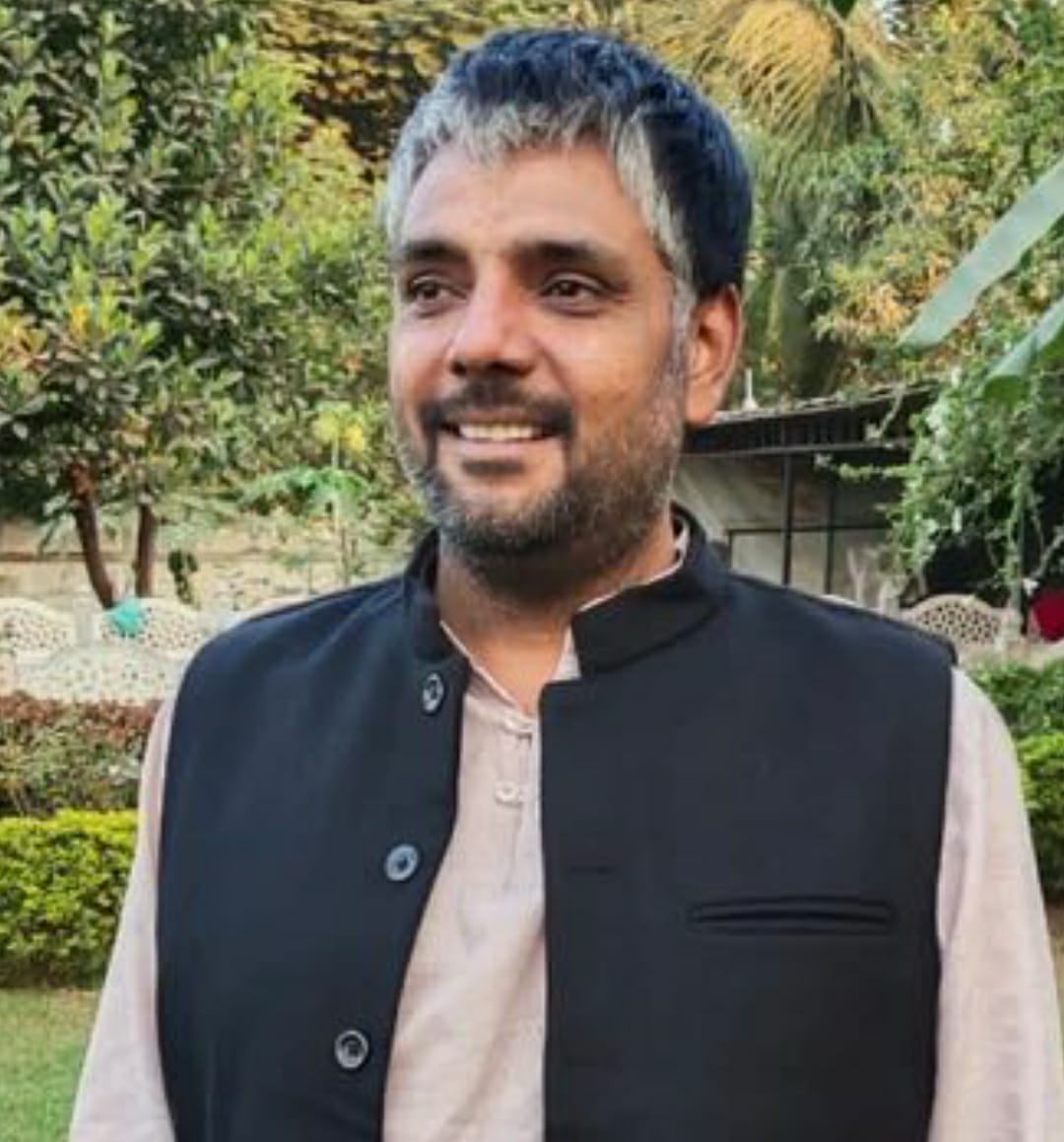
“Nata Pratha indicates how advanced the Tribal culture was. It gives the right for widow re-marriage and also gives the right to the women to leave their abusive husband, which is tough in our culture. This tradition is of women empowerment. But over the years things have changed. Children are most affected by ‘Nata.’ Women are not allowed to take their children from their first marriage with them if they do ‘Nata.’ Actually money in ‘Nata’ is not the rate of the woman; it is their tradition. But the outside world thinks that women are auctioned in this practice. There is no law so far to curb Nata Pratha. But the educated among the Bhil tribe are coming out of this Nata Pratha”, says Jayesh Joshi, Secretary, NGO Vaagdhara.
Anita Damor, the woman rights activist of the area, describes Nata Pratha both good and bad. Good in the sense that it empowers women. And bad because money is involved in it. Unmarried girls’ parents demand Rs 4-5 lakh from the man’s parents in the marriage unlike in our society where girl’s parents give dowry. And married women going for “Nata” also give money to her first husband. Sometimes it so happens that the first husband who demands money from his wife’s second man also demands his wife back. The involvement of money is bad in Nata Pratha, says Anita Damor even as she demands that there should be some law to curb this practice.
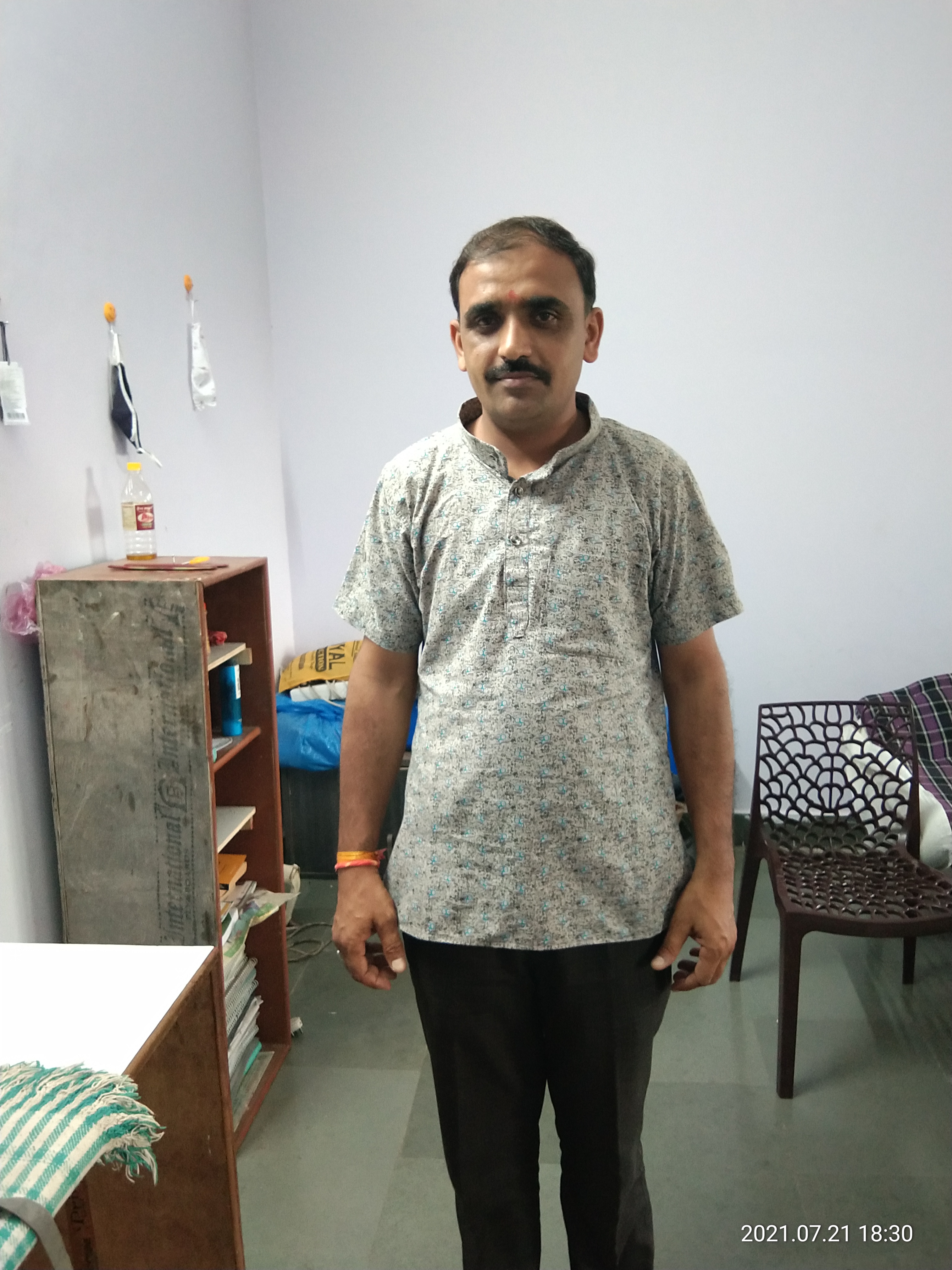
Parmesh Chandra Patidar, a theme leader associated with Vaagdhara, an NGO, also demands a law to curb Nata Pratha. For him it is bad for both women and children. The children left behind after ‘Nata’ suffer a lot. And involvement of money in the custom is also bad. Unfortunately, children do not get anything from the money which changes hands in Nata Pratha. Money is generally used by the husband to pay his debt.
In this practice, middlemen also play a vital role in deciding the money to be paid to a woman’s first husband by her second man. They get their cut out of the money fixed by the panchayat. Sometimes, the panchayat appointed for deciding money goes on for a month if consensus is not reached on the money.
When contacted, Rajesh Meena, Superintendent of Police (SP), Banswara, said that there is no law to curb Nata Pratha. When asked about his views on women being auctioned in front of Panchayat as per the practice, Rajesh Meena said that since he had no knowledge of the subject, he would not comment on this.
For a simple want of having more than one partner, people have modified ‘Nata’ custom into as many forms as they wanted, suiting their unworthy desires, summarily ignoring the fact that their actions are not only affecting women and children but also impacting the society on a whole, further subjugating human values that forms the basic foundation of a ethical life.











